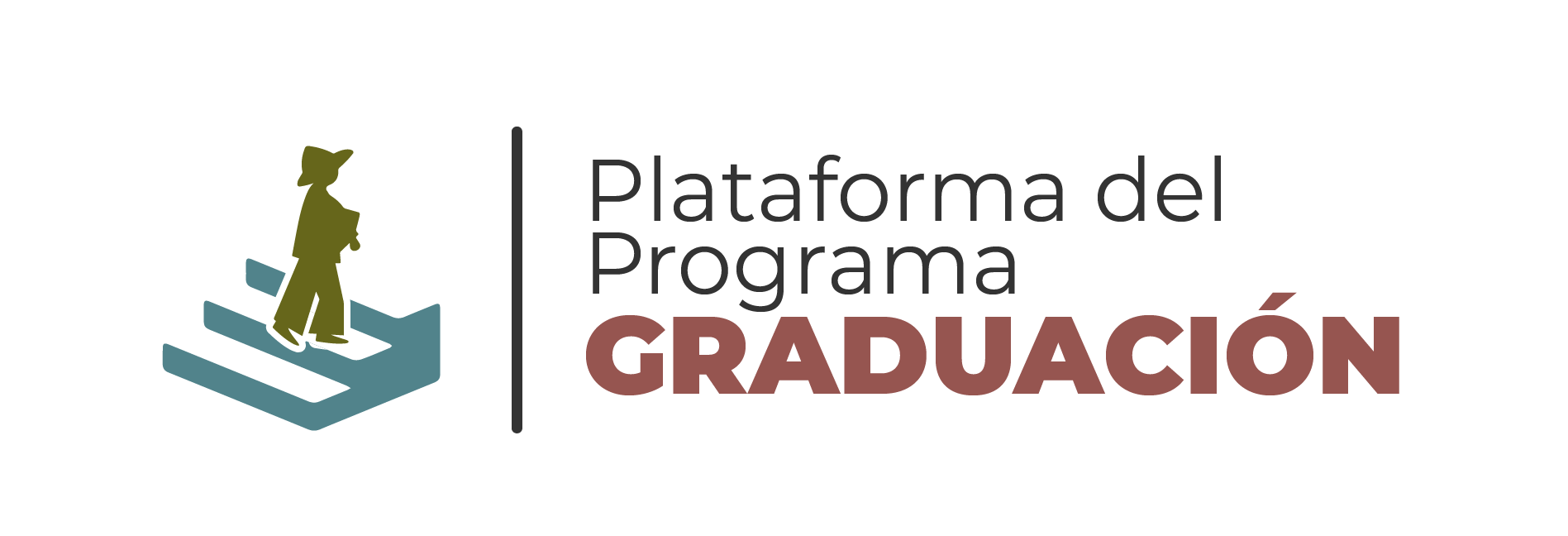Transformando mi futuro (TMF) - Colombia

Documentos
Nombre del Programa:
Transformando mi Futuro
País:
Colombia
Departamentos:
Atlántico, Risaralda, Valle del Cauca y Meta
Fecha inicio:
Junio de 2016
Fecha finalización:
Febrero 2017
Duración:
9 meses
Piloto:
No, el 2016 fue la tercera cohorte
¿Se contempla escalonamiento?
No
¿Componente de un programa más grande?
TMF hace parte del Programa de Acompañamiento a la Inversión Adecuada de los Recursos (PAIAR) de la UARIV
Hogares participantes:
800 hogares hicieron parte del estudio
3.185 personas
Mensajes principales
-
Se encuentra que, dependiendo de la situación laboral de los participantes antes y después de la implementación del programa, el ejercicio encuentra resultados diferentes después de su implementación.
-
Para aquellos que se encontraban trabajando en la encuesta de línea final, los resultados sugieren que las capacitaciones técnicas les sirvieron para comenzar o fortalecer sus actividades.
-
Para quienes no se encontraban trabajando antes de la implementación del programa, los resultados muestran un incremento en la percepción de bienestar, sin importar si los beneficiarios se encontraban o no trabajando después de la intervención.
-
Esta evaluación encuentra cambios importantes en los hábitos financieros de los participantes, aumentando el ahorro o disminuyendo el crédito informal para 3 de los 4 grupos estudiados.
-
La falta de resultados para los hogares que trabajaron antes del programa y no se encontraban trabajando después, muestran que existen unas condiciones mínimas necesarias para que el programa pueda generar resultados positivos.
Objetivos del programa
Incrementar activos productivos sociales, humanos y financieros, que buscan brindar el acompañamiento de las víctimas que han recibido o recibirán su indemnización, a través de la planificación financiera, el fortalecimiento de sus capacidades productivas y/o el uso de los recursos en el mejoramiento de sus proyectos de vida.
Criterio de Focalización

¿Por zona de residencia (urbana, rural, mixta)?
Mixto
¿Por mujeres?
No
¿Por línea de pobreza?
No
¿Otra situación de vulnerabilidad?
Por condición de víctima del conflicto armado interno
Entidades
Evaluaciones
Evaluación No. 1
Institución implementadora: Uniandes – CEDE
Tipo: Evaluación de Procesos
Objetivo: Evaluar la operación del Proyecto TMF en los cuatro departamentos donde se implementa, a partir de un análisis sistemático de la operación del proyecto de graduación para identificar cómo sus procesos, subprocesos y actividades conducen al logro de los productos definidos en el diseño, así como detectar cuellos de botella y buenas prácticas en la aplicación de procesos y actividades.
Herramientas:
- Revisión documentación secundaria (Propuesta técnica y financiera de TMF (2016) Datos estadísticos de la población DANE y Registro Único de Víctimas, Convenio de asociación número 1291)
- Entrevistas grupales a participantes (triadas)
- Entrevistas a participantes de hogares focales y satélites en el marco de las Historias de Vida
- Acompañamiento a actividades en terreno (visitas domiciliarias y actividades grupales)
Evaluación No. 2
Institución implementadora: Uniandes – CEDE
Tipo: Evaluación de resultados
Objetivo: Identificar cambios en el bienestar de los participantes del programa a través de variables socioeconómicas, actitudinales, financieras y sociales que puedan ser atribuidas al programa.
Herramientas:
- Encuesta de Línea base y Línea final a muestra definida de participantes
Institución implementadora

El Centro de Estudios sobre Desarrollo Económico (CEDE) es uno de los primeros y principales centros de investigación y consultoría económica y social de Colombia. Reconocido por la calidad e innovación de sus investigaciones, por contar con un equipo de profesionales en la investigación y docencia altamente calificado y por su impacto en los temas de política pública en Colombia y en la región.
equipo de trabajo
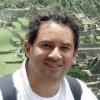 Jorge Maldonado Investigador Principal |
||
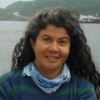 Rocío Moreno Investigadora – HV |
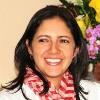 Sandra Mendoza Investigadora – EP |
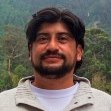 Arturo Rodríguez Investigador – Triadas e HV |
 Mathilde Stoehr Investigadora – Triadas |
 Camila Suárez Profesional en Sicología |
 Natalia Garzón Asistente de Investigación |
 Laura Gutiérrez Asistente de Investigación |
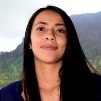 Vanesa Martínez Asistente de Investigación |
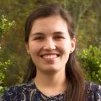 Viviana León Coordinadora de Caso |
